Africa
Brazil’s Lula da Silva calls Israel’s Gaza offensive ‘premediated genocide’
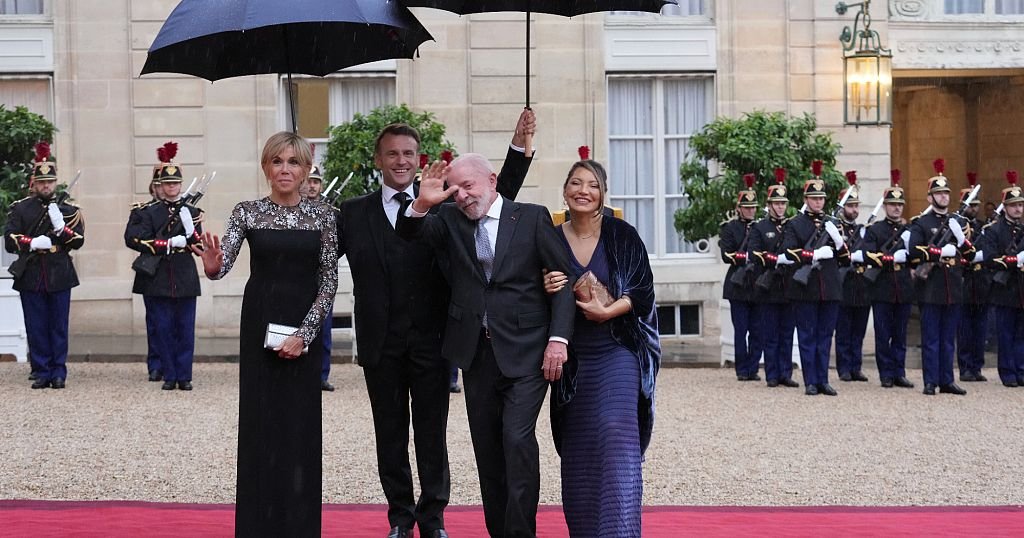
Arriving at the Elysee Palace in Paris on Thursday, Brazil’s President Luiz Ignacio Lula da Silva received a warm welcome from President Macron and his wife Brigitte, despite the late spring rain showers.
His visit was aimed at persuading President Macron to back a free trade deal between the European Union and the South American trade block, Mercosur. But during a joint press conference at the Palace, Lula’s mind was on the Middle East and he struck out at Israel and its ongoing onslaught on Gaza, calling on the international community to put an end to what he labelled ‘premeditated genocide.’
“We cannot continue to have the UN calling for a ceasefire and not have a ceasefire respected. So people, we are still seeing genocide in front of us every single day, every single day. Yesterday 95 people have died, all innocent and civilians. Not a single one was a Hamas leader.
“But then, honestly, I don’t even speak as the President of Brazil, I speak as a human being. We cannot accept a war that does not exist, but rather a premeditated genocide by an extreme right-wing leader who is waging a war, including against the interests of his own people. Because Israel, the Jewish people, are not interested in this war either.”
It’s not the first time the Brazilian leader has claimed a genocide is being committed in Gaza. He’s been a frequent critic of Israel’s offensive in Gaza and last year compare it to the Holocaust .
Brazil has joined South Africa in accusing Israel at the International Criminal Court in the Hague of violating its obligations under the genocide convention.
EU-Mercosur trade
Trade wasn’t entirely forgotten and Lula told reporters that he is committed to getting a deal between Mercosur and the EU over the line during his impending rotating presidency of the South American trading bloc.
“I want to tell you that I will not leave the presidency of Mercosur without concluding the agreement with the European Union,” Lula said, turning then to Macon and adding “therefore, my dear friend, open your heart to the possibility of making this agreement with our beloved Mercosur.”
French farmers are strongly opposed to the deal, warning that it could devastate the country’s beef, poultry and sugar industries, and unmine European efforts at food security. They also claim that genetically modified grains from Mercosur would leave European farmers unable to compete.
Africa
Gabon launches electoral process for September 27 local and legislative elections
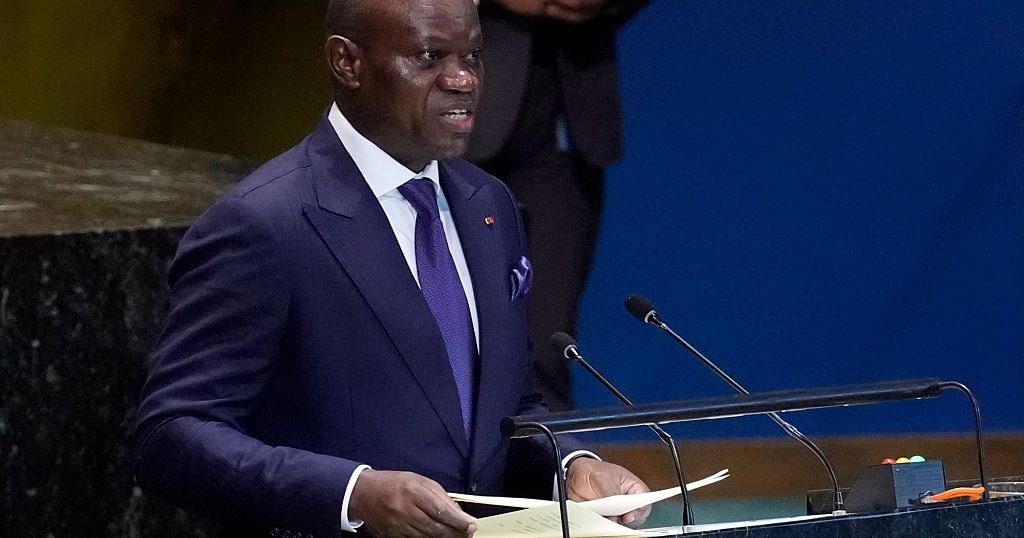
The electoral process for Gabon’s local and legislative elections is officially underway.
The timetable for the September 27 vote has been announced and members of the national election commission have been sworn in by the Constitutional Court.
The revision of electoral rolls across the country begins on July 14 and continues until August 12. This will ensure new voters are added and deceased or ineligible voters removed from the rolls. It will also register any changes of voting centre and update personal data.
People aged 18 and over with a Personal Identification Number (PIN) are automatically registered and need only choose their polling center.
Local electoral commissions will be set up by July 26 and deployed across the country and abroad.
Nominations for the legislative and local elections are open from July 27 to August 7.
Fifth Republic
The Ministry of the Interior and national election commission reaffirmed their commitment to ensuring “credible, transparent and peaceful” elections, and called on citizens to play an active part in building the Fifth Republic.
Last week, two years after seizing power in a coup, President Brice Oligui Nguema unveiled a new political party, the Democratic Union of Builders, or UDB. Oligui secured nearly 95 percent of the vote in April’s presidential election.
The launch of the UDB appears to signal Oligui’s intent to transition from military leader to long-term political figure. While he initially presented himself as a reformer leading a transitional government, the creation of a political party gives structure to his leadership and a platform for future governance.
Africa
Forty years and counting: CAR once again postpones local elections
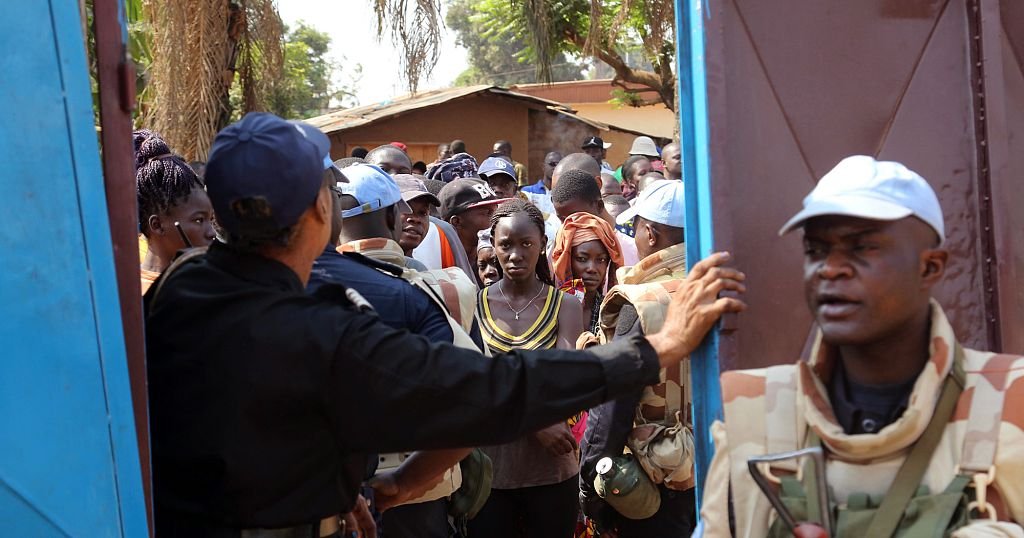
Scheduled to take place for the first time in almost forty years, local and municipal elections in the Central African Republic have been once again postponed.
Initially planned for the end of August, officials say the vote will now be held in December, in conjunction with the legislative and presidential elections.
President Touadéra, who has been in office since 2016, launched a biometric voter registration exercise last year to update the electoral roll.
Authorities say the postponement is due to a delay in mobilizing funds as well as technical and organizational hiccups.
Members of the opposition BRDC are calling for an overhaul of the electoral authority and a dialogue with President Touadéra.
CAR has been battling conflict since 2013 when predominantly Muslim rebels seized power and forced the then-president from office. The United Nations has said the elections represent a ”crucial opportunity” to strengthen democratic governance, promote reconciliation and consolidate stability.
The landlocked country is one of the poorest in the world, despite having significant natural resources, including uranium, oil, gold and diamonds.
Africa
France and New Caledonia reach a deal granting territory more autonomy but no independence
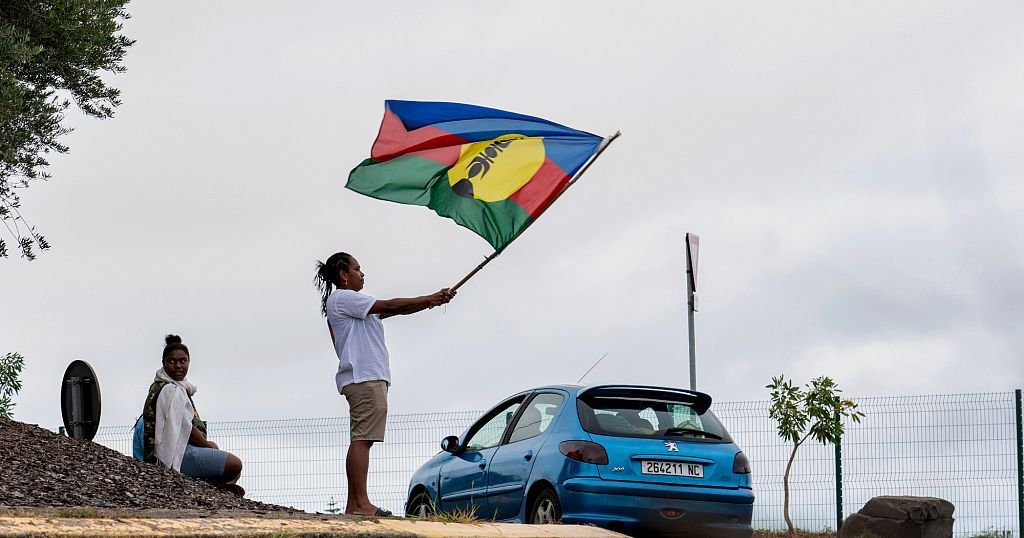
After 10 days of negotiations, including a final overnight marathon, France has reached an agreement with New Caledonia. The deal grants the South Pacific territory more autonomy — but stops short of the independence sought by many indigenous Kanaks.
President Macron hailed the deal as historic but it still needs final approval in New Caledonia. If passed, it would create a state of Caledonia within the French Republic incscribed in the French constitution and a Caledonian nationality alongside French nationality.
The talks stemmed from deadly rioting last year prompted by proposed changes to electoral rules that pro-independence groups said would marginalize Indigenous voters.
The territory has held three referenda on the question of independence, with voters each time opting to remain with France.
A special congress will be held to finalize next steps. Media reports say they could include more sovereignty for New Caledonia over international affairs, security and justice.
The accord could also eventually allow New Caledonians to change the territory’s name, flag and hymn.
Negotiators stressed the importance of rehabilitating and diversifying New Caledonia’s indebted economy, which depends heavily on nickel mining, and making it less reliant on the French mainland.
France colonized the Pacific archipelago in the 1850s, and it became an overseas territory after World War II, with French citizenship granted to all Kanaks in 1957.
-
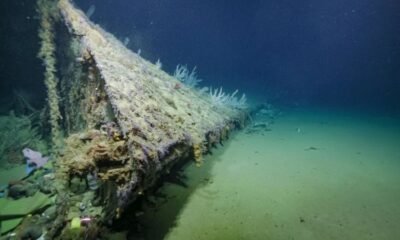
 Asia5 days ago
Asia5 days agoA torpedoed US Navy ship escaped the Pacific in reverse, using coconut logs. Its sunken bow has just been found
-

 Europe5 days ago
Europe5 days agoExtreme heat is a killer. A recent heat wave shows how much more deadly its becoming as humans warm the world
-
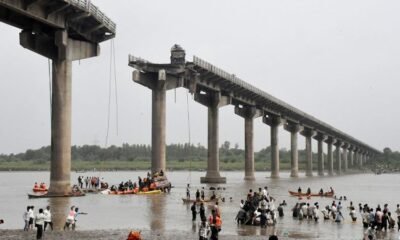
 Asia4 days ago
Asia4 days agoGujarat state: Bridge collapse kills 9 in India
-

 Europe4 days ago
Europe4 days agoTrump promised 200 deals by now. He’s gotten 3, and 1 more is getting very close
-

 Lifestyle3 days ago
Lifestyle3 days agoHealthy workday snacks include a smart mix of energy-boosters
-
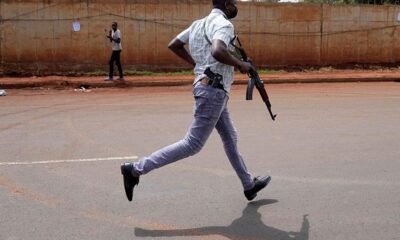
 Africa4 days ago
Africa4 days ago“Shoot in the leg”: Ruto orders Kenyan police to curb protest vandalism
-
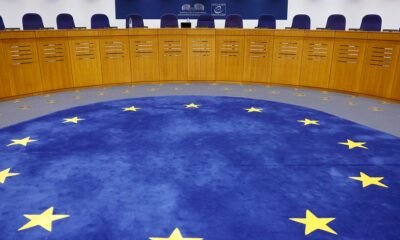
 Africa4 days ago
Africa4 days agoTop European court delivers series of damning rulings against Russia
-
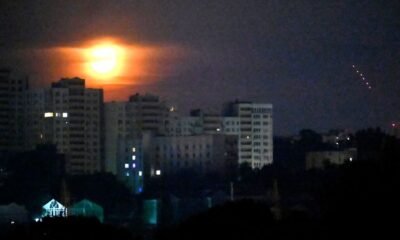
 Europe5 days ago
Europe5 days agoRussia launches record drone attack on Ukraine after Trump criticizes Putin




